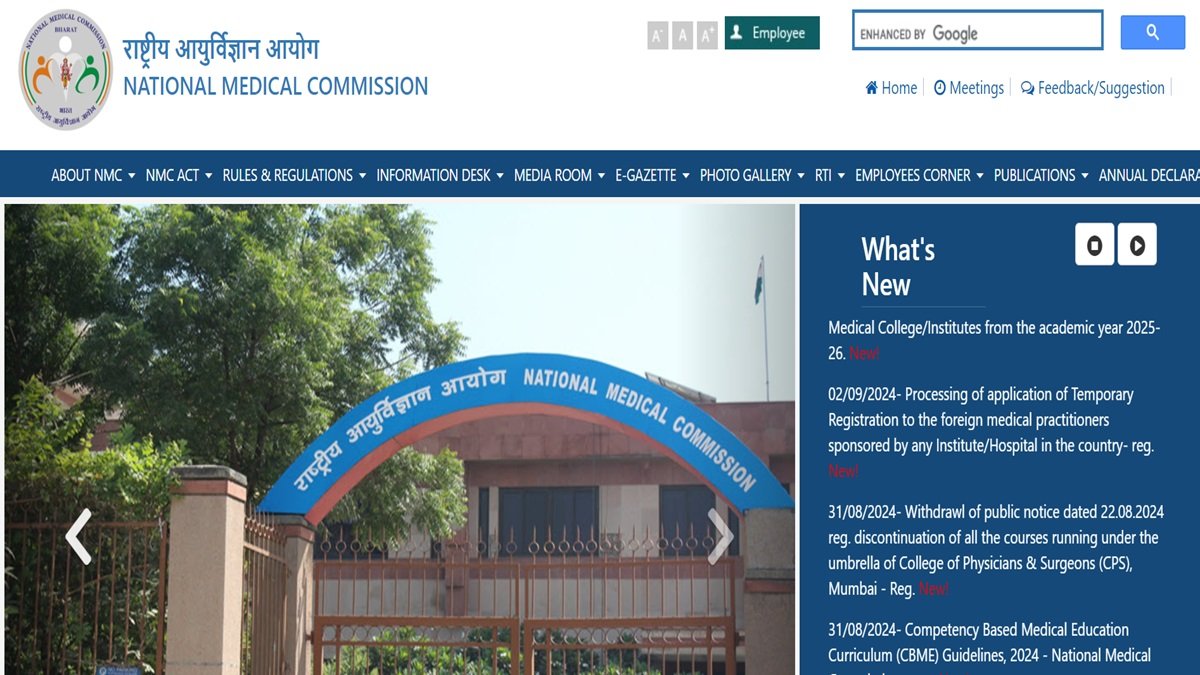Competency-Based Medical Education (CBME) represents a significant paradigm shift in the way medical training is delivered. Unlike traditional medical education methods, which often emphasize time-based progression and rote memorization of factual knowledge, CBME focuses on the actual competency and performance of students. This innovative approach aims to ensure that healthcare professionals are equipped with the necessary skills and knowledge to provide high-quality patient care upon graduation.
The fundamental principles of CBME are centered on the identification, assessment, and attainment of specific competencies that are required for medical practice. Competencies encompass a combination of knowledge, skills, and attitudes that future healthcare professionals must possess to function effectively in real-world healthcare settings. By aligning medical training more closely with the needs of patients and healthcare systems, CBME aims to produce graduates who are not only knowledgeable but also adept at applying their knowledge in practice.
Historically, the adoption of CBME has emerged in response to calls for reform in medical education. The increasing complexity of healthcare, coupled with the need for improved patient outcomes, has prompted educators and institutions to rethink traditional educational frameworks. As a result, CBME has gained traction in various medical curricula worldwide, illustrating a commitment to the evolution of medical training to better serve society’s needs. This framework provides a clear pathway for evaluating student performance, thereby creating more tailored educational experiences that focus on mastery and practical application rather than merely establishing a minimum threshold of knowledge.
Incorporating CBME into medical education presents both opportunities and challenges. However, the potential benefits of producing competent, skilled healthcare professionals justify the need for continuous assessment and refinement of the guidelines that govern CBME’s implementation in medical curricula.
The Current NMC Guidelines: A Critical Assessment
The National Medical Commission (NMC) has established guidelines for Competency-Based Medical Education (CBME) with the intention of reforming medical education in India to better prepare healthcare practitioners. The guidelines emphasize a shift from traditional teaching methods to outcomes-based education, focusing on developing specific competencies among medical students. While this initiative aims to enhance the quality of medical education, a critical examination reveals considerable gaps and challenges that have surfaced since their implementation.
One of the key components of the NMC’s CBME guidelines includes the identification and articulation of specific competencies that medical graduates must achieve. However, there are concerns regarding the clarity and comprehensiveness of these competencies. Stakeholders argue that the guidelines may not sufficiently encompass the evolving healthcare landscape, particularly in addressing contemporary medical practices and emerging health challenges. Such inadequacies may undermine the preparedness of graduates in a dynamic healthcare environment.
Assessment methods outlined in the guidelines are another vital area warranting scrutiny. While the NMC promotes formative and summative assessments, educators have voiced concerns about the feasibility of implementing these methods effectively within existing educational infrastructures. The transition to CBME requires robust assessment tools and continuous feedback mechanisms, which many institutions still lack. This disconnect can lead to inconsistencies in evaluating student competencies and ultimately affect the quality of healthcare delivery.
Feedback from educators, students, and healthcare professionals has been mixed, reflecting the complexities of revising long-standing educational frameworks. Many educators seek more comprehensive training to adapt to the CBME approach, whereas students report a need for clearer communication and guidance regarding expected competencies. Additionally, healthcare professionals express concern that the current guidelines do not reflect the multidisciplinary nature of modern medical practice.
These insights underscore the imperative for a thorough re-evaluation of the NMC’s CBME guidelines, ensuring they resonate with the evolving needs of medical education in India.
Expert Opinions: Why Revisions Are Necessary
As the landscape of medical education continues to evolve, numerous experts are advocating for a critical reassessment of the National Medical Commission (NMC)’s Competency-Based Medical Education (CBME) guidelines. These professional voices emphasize the pressing need for updates that reflect the changing necessities of healthcare delivery and medical training. With rapid advancements in technology and the increasing complexity of patient care, it is imperative that medical curricula evolve to meet contemporary challenges.
Dr. Alice Thompson, a prominent educator in the field of medical training, argues that “the pace at which medical knowledge and technology are advancing underscores the urgency for a timely revision of these guidelines. A curriculum that does not evolve risks leaving future physicians ill-prepared.” This sentiment is echoed by Dr. Raj Patel, who highlights how the integration of artificial intelligence and telemedicine in clinical practice necessitates a curriculum that prioritizes adaptability and technological competence. Dr. Patel notes, “Future healthcare providers need to be well-versed in digital tools that enhance patient outcomes; our guidelines must reflect these educational priorities.”
Furthermore, the current CBME guidelines may not adequately incorporate the multifaceted nature of patient interactions in diverse settings. “To nurture competent healthcare professionals, our educational strategies must include a comprehensive understanding of social determinants of health,” asserts Dr. Sarah Liu, a leader in public health education. The need for adaptable curricula that can accommodate new medical trends and technologies is more crucial than ever. This adaptability extends beyond classroom learning; it incorporates experiential learning that empowers students to engage meaningfully with the communities they will serve.
Collectively, these expert insights make a compelling case for revising the NMC’s CBME guidelines. The synthesis of evolving medical practices, technological integration, and community engagement represents a holistic approach vital to training future healthcare leaders adequately.
Proposed Changes and Future Directions
The National Medical Commission (NMC) has made strides in the implementation of Competency-Based Medical Education (CBME) in India. However, experts believe that the guidelines require re-evaluation to enhance the quality of medical training further. Proposed changes to the CBME guidelines predominantly focus on the incorporation of essential competencies that align more closely with contemporary healthcare requirements. For instance, experts recommend the addition of competencies in digital health literacy, emphasizing the need for medical professionals to be adept in telemedicine, electronic health records, and health informatics.
Furthermore, there are calls for adjustments to existing competencies to reflect the evolving landscape of healthcare. Mental health, for example, has grown increasingly important, and it is proposed that competencies related to mental health awareness and intervention be integrated more thoroughly into the curriculum. This adjustment would not only prepare future healthcare providers to manage mental health issues but also help in reducing stigma associated with such conditions.
Some competencies may need to be removed or minimized to streamline the curriculum and focus on practical skills essential for patient care. Simplifying the structure of the guidelines can make implementation smoother for educational institutions and better cater to the demands of the healthcare sector.
Looking ahead, potential future directions for CBME in India include fostering collaborations between educational institutions and healthcare providers to ensure that the curriculum is relevant and up-to-date. Ongoing research into educational strategies, coupled with robust feedback mechanisms from both students and practitioners, will be crucial in refining these guidelines. Such steps will contribute to a more effective training framework, ultimately resulting in improved healthcare outcomes for the population.





